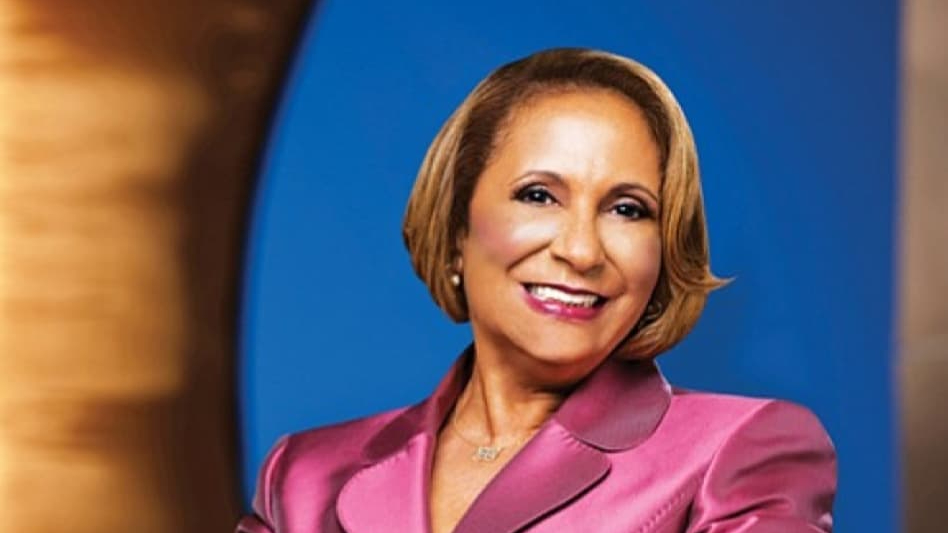How Cathy Hughes Built the Radio Empire That Changed Black Media Forever
Before media moguls were household names, Cathy Hughes was building one of the most powerful Black-owned media companies in America—Urban One. Starting with a single struggling radio station, she reshaped the landscape of Black radio, launching a multi-million-dollar empire that still dominates the airwaves today.
What Radio Station Does Cathy Hughes Own?
Cathy Hughes launched her journey in 1980 by purchasing WOL-AM 1450, a struggling radio station in Washington, D.C. With no outside investors and facing mounting financial pressure, she turned the station into a hub for urban talk radio. WOL became the foundation of Radio One, which would later evolve into Urban One, Inc.
Hughes made WOL a success by:
-
Creating “The Cathy Hughes Morning Show” focused on Black issues
-
Hiring relatable local hosts
-
Prioritizing community engagement over commercialism
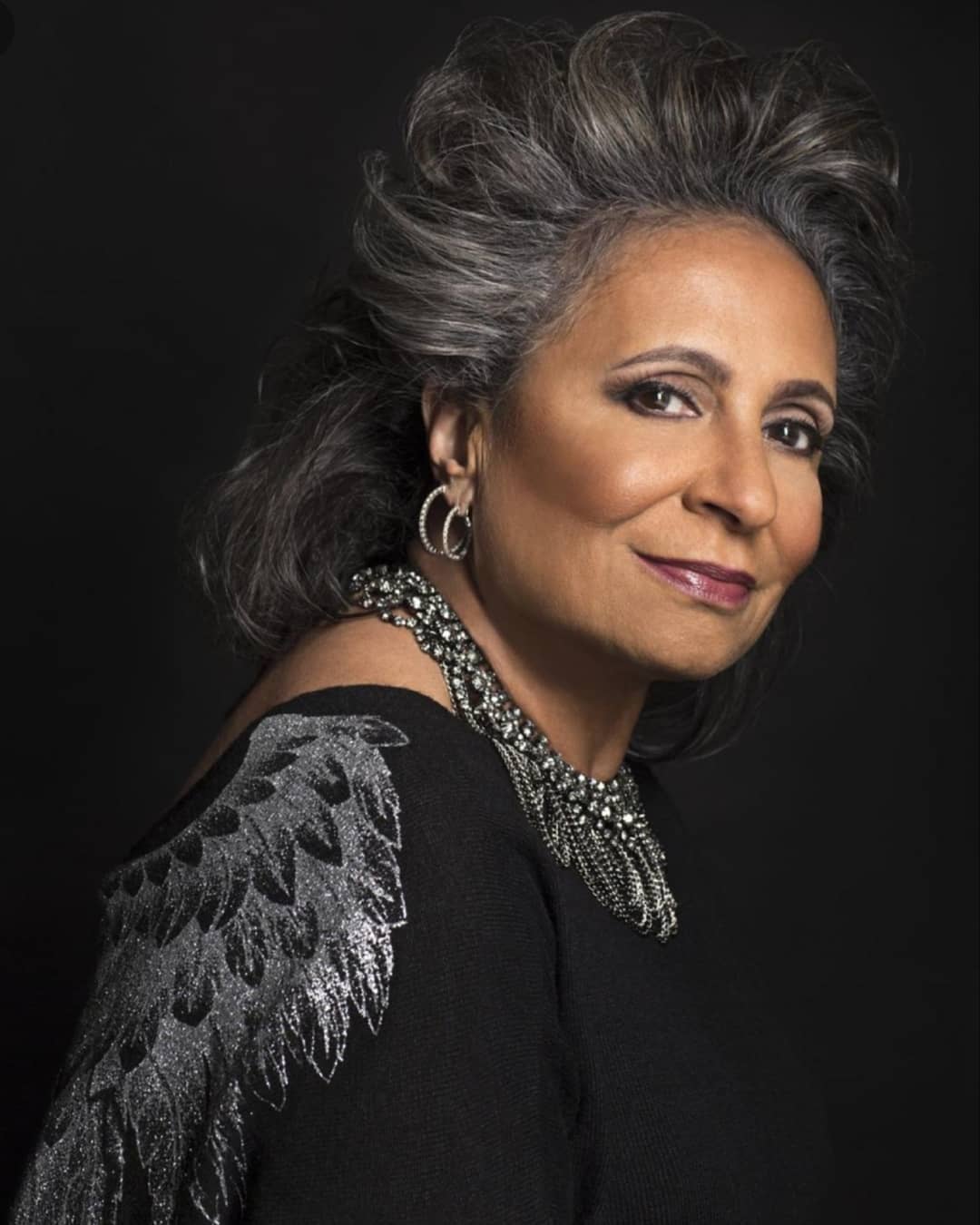
How Many Radio Stations Does Urban One Have?
From that one AM station, Urban One now owns and operates over 50 radio stations in major markets across the U.S. These stations cater to Black audiences and offer music, talk, news, and syndicated programming.
Popular Urban One stations and brands include:
-
Hot 107.9 (Atlanta)
-
Majic 102.3 (Washington, D.C.)
-
Praise 102.5 (Gospel)
-
The Rickey Smiley Morning Show (syndicated across the country)
Urban One reaches millions of listeners weekly and maintains its position as the largest Black-owned broadcast company in the United States.
Related: Radio Royalty: How Cathy Hughes Built a Media Empire from Scratch
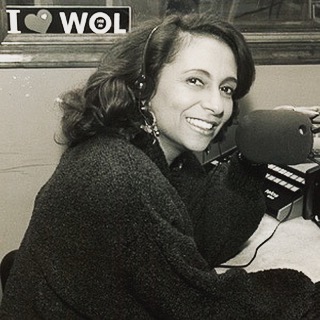
How Does Urban One Make Money?
Urban One's revenue model is diverse and includes:
-
Advertising: Selling ad slots on radio and digital platforms targeted to Black audiences
-
Syndication: Licensing popular shows across networks through its Reach Media arm
-
Digital Advertising: Via iOne Digital, home to sites like Bossip and MadameNoire
-
Television: Through its cable network TV One, offering original Black-focused content
-
Event Sponsorships: Urban One events and activations bring in brand partnerships
With this multi-platform approach, Hughes created a company that both empowers voices and turns a strong profit—a rare blend in media.
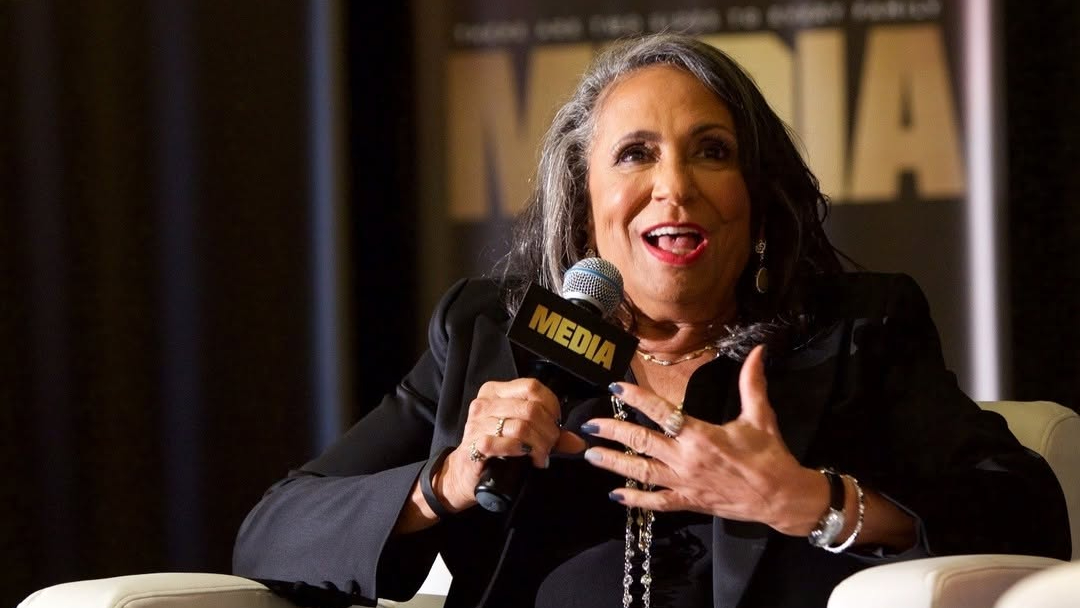
Cathy Hughes' Business Journey: From Adversity to Empire
Cathy Hughes mortgaged her home and nearly lost everything in the early days. She slept at the station, raised her son there, and kept pushing despite banks turning her down. But her vision for Black-owned, Black-voiced media was bigger than any obstacle.
Through strategic acquisitions, audience understanding, and sheer determination, she:
-
Turned Radio One into a publicly traded company in 1999 (first Black woman to do so)
-
Expanded into television and digital to future-proof her media empire
-
Inspired generations of Black entrepreneurs to think big
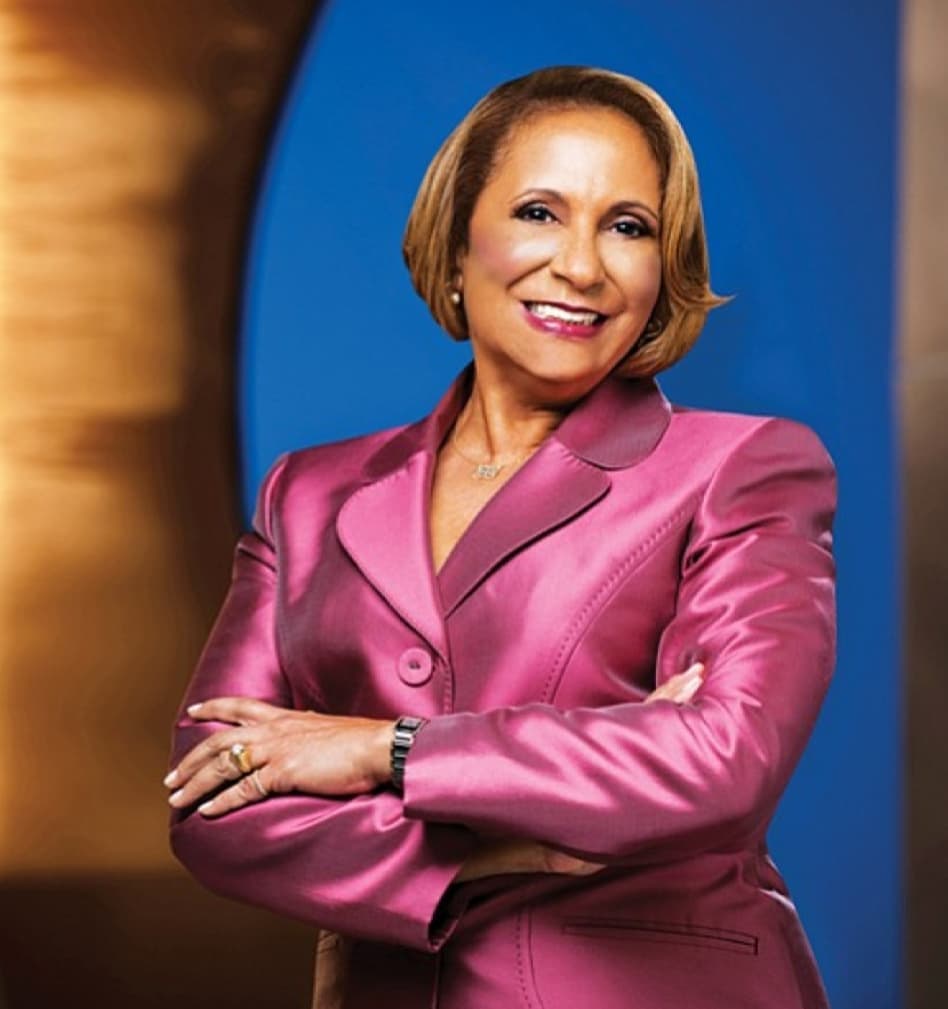
Conclusion
Cathy Hughes didn't just buy a radio station—she amplified a community. Her business journey is one of grit, vision, and unapologetic Black ownership. Urban One’s continued dominance is a testament to what’s possible when passion meets purpose in business.

